How Much Ground Coffee Per Cup
How Much Ground Coffee Per Cup? What seems like such a simple question can have a profound outcome on the quality of coffee you make at home. The right ratio of coffee to water is essential in your coffee preparation can make a huge difference to the taste and outcome of the cup you make.
In this article we will explore the theory behind how much ground coffee you should use per cup. Coffee scales are a great way to measure the answer to this question, but we will also give you a few handy tips for measuring the coffee grounds if you haven't got scales to hand.
I am sure we all wonder sometimes whether we are putting the right amount of coffee grounds into our favourite brew – how much ground coffee should I actually use per cup?
One thing to remember with coffee is that the real fun and joy comes from discovering what works best for you.
In this article you will learn about coffee brewing:
- Introduction to coffee brewing
- Understanding grams and coffee ratios
- How to accurately dose your ground coffee without kitchen scales
- Factors affecting coffee measurement
- Coffee dosage for your favourite brew methods
- Does it matter if I use the wrong amount of ground coffee?
Introduction to Coffee Brewing
For coffee enthusiasts and novices alike, brewing the perfect cup of coffee can seem like an elusive art. One key aspect of this art is the coffee-to-water ratio, which greatly influences the taste, aroma, and strength of the coffee. In this article, we delve into the ideal amount of ground coffee needed per cup, ensuring that every brew from RiSE Coffee is a delightful experience.
Understanding Coffee Ratios
The Basics
The coffee-to-water ratio is a fundamental concept in brewing. It refers to the proportion of coffee grounds to water used in the brewing process. This ratio is crucial because it affects the strength and flavour of the coffee. A standard guideline is to use 1 to 2 tablespoons of coffee per 6 ounces of water (177ml).
The Golden Ratio
The Specialty Coffee Association (SCA) recommends a golden ratio of 1:18, which means one part coffee to eighteen parts water. This roughly translates to about 10 grams of coffee for every 180 millilitres of water. However, these measurements can be adjusted based on personal preference.
Generally we recommend for every 200 ml cup of coffee you need about one full tablespoon of ground coffee. If you want to make a whole litre of filter coffee at once, we recommend using seven tablespoons of ground coffee.
This can also be based on using one heaped tablespoon of coffee or one coffee spoon for every 200ml of water (or average cup size)
Measuring Coffee: Weight vs Volume
Importance of Accurate Measurement
Measuring coffee accurately is vital for consistency in brewing. While volume (using spoons or cups) is a common method, it is less accurate than weighing. This is because coffee grounds can vary in size and density.
Using a Scale
For precision, using a digital scale to measure coffee by weight is recommended. This ensures a more consistent and reproducible coffee strength and flavour. We have a great blog posts on scales to help you choose, which you can read here.
We recommend a few scales on our online coffee equipment page.
Factors Affecting Coffee Measurement
Grind Size
The grind size of coffee affects its extraction rate. Finer grinds have a larger surface area and extract faster than coarser grinds. Therefore, adjustments might be needed depending on the grind size.
Brewing Method
Different brewing methods require different ratios. For instance, French press coffee generally uses a higher coffee-to-water ratio compared to a drip coffee maker.
Depending on how you brew or whether you want a lighter coffee, strong or dark coffee or perhaps a more balanced coffee will also vary how you approach your coffee to water ratio.
Prefer lighter coffee? If you prefer a milder cup of coffee, you can decrease the amount of ground coffee to one tablespoon per 180ml (6oz) of water. This will yield a lighter taste.
Prefer strong dark coffee? If you prefer a stronger cup of coffee, you can increase the amount of ground coffee to two tablespoons per 180ml (6oz) of water. This will result in a bolder flavour profile.
Prefer balanced coffee? For a balanced, medium-strength cup, a common recommendation is to use one to two tablespoons of ground coffee per 180ml of water.
Personal Taste
Personal preference plays a significant role. Some prefer a stronger, more robust cup, while others favour a lighter, more subtle flavour. Experimenting with ratios is key to finding your perfect balance.
Coffee Beans
Different coffee beans have their own unique characteristics which are defined by things such as their origin, roast level, altitude grown at, processing methods (washed or natural) and flavour profiles. These factors affect the intensity and taste of the brewed coffee. Experimenting with various coffee beans can help you discover your ideal ratio that you most enjoy.
Brewing Guidelines for Common Methods
Drip or filter Coffee Maker
For a standard drip coffee maker, use 1 to 2 tablespoons of coffee per 175g of water. This can be adjusted based on the desired strength. Ben, the founder of RISE usually makes his filter with 15g of coffee and 150g of water.
French Press
A French press usually requires a coarser grind and a higher coffee-to-water ratio, approximately 2 tablespoons per 175 grams of water.
Espresso
Espresso requires a much finer grind and a ratio of approximately 1:2, one part coffee to two parts water. This will often be done for you as through your espresso machine or Moka pot. So getting the settings right will improve the overall outcome of the coffee.
Cold Brew
Cold brew coffee requires a higher ratio due to its prolonged brewing time, typically around 1:8. Cold brew is often steeped overnight fro at least 12 hours and therefore needs a higher water content.
RiSE Coffee’s Approach
At RiSE Coffee, we understand that coffee is a personal experience. We offer guidance on coffee-to-water ratios while encouraging experimentation. Our subscription service provides a variety of beans and grinds to suit different tastes and brewing methods.
Learn and explore with your own preferences
This article is a great way to understand the basics and helps you with a starting point to brew coffee but finding the perfect coffee-to-water ratio that you enjoy requires some experimentation and trial and error. Things to consider when starting your journey in coffee.
-
Make small adjustments: When making changes to your coffee-to-water ratio, adjust the amount of coffee in small increments until you find the ration you enjoy.
-
Coffee Journal: Yes this is a thing! Lots of RISE coffee members keep a small note of how they make their coffee to remember what they enjoyed or didn't enjoy about the coffee they brewed. Often the way you brew coffee can have a huge impact on the taste. So getting it right is key.
-
Taste and change: The RISE journey is all about exploration and discovery. Feel confident in tweaking, experimenting and understanding what you like and don't like.
Conclusion
The perfect coffee-to-water ratio is a blend of science and personal preference. Understanding the basics and experimenting with different ratios is key to crafting your ideal cup of coffee. At RiSE Coffee, we’re committed to helping you explore and enjoy the rich world of coffee, one perfect cup at a time.
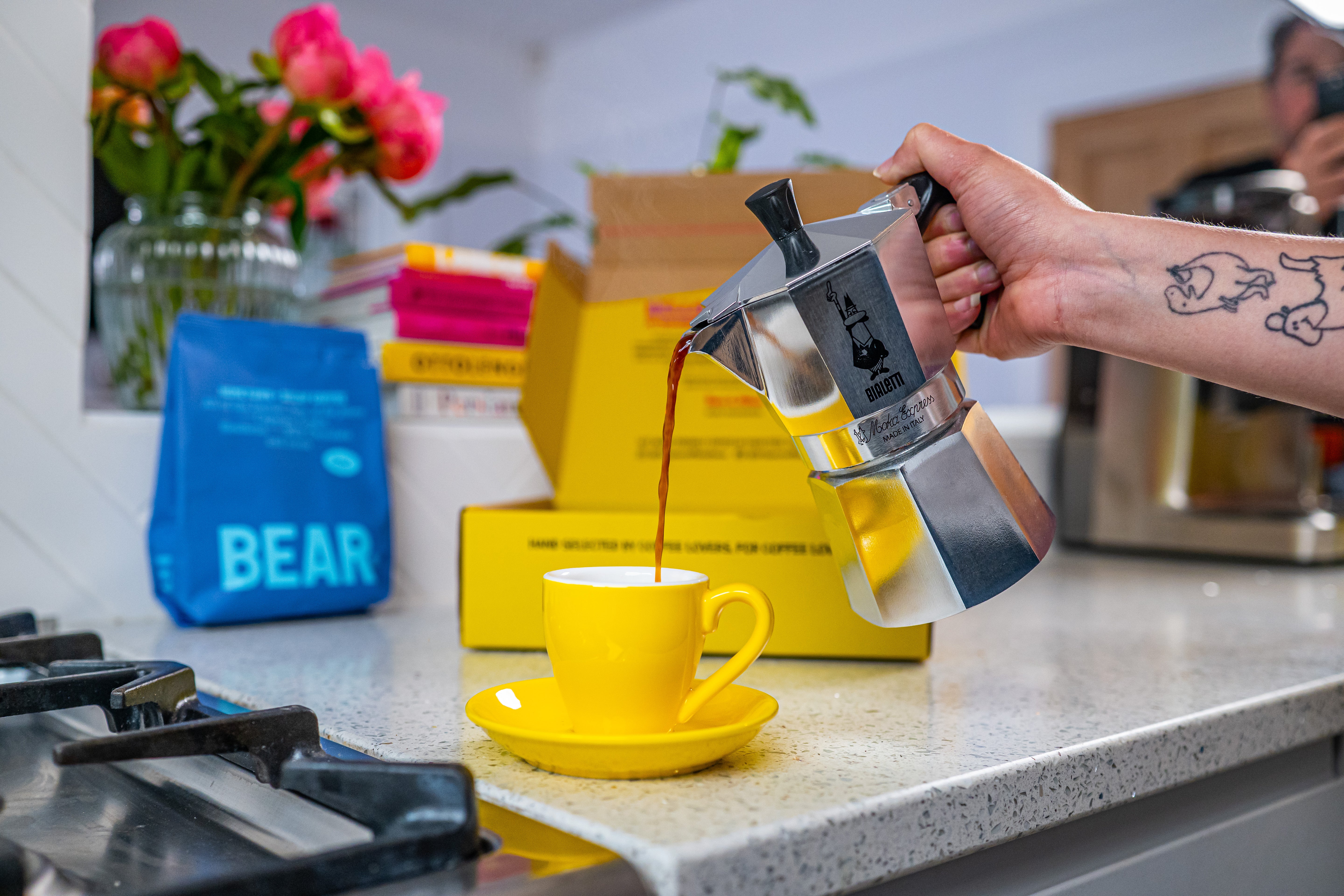
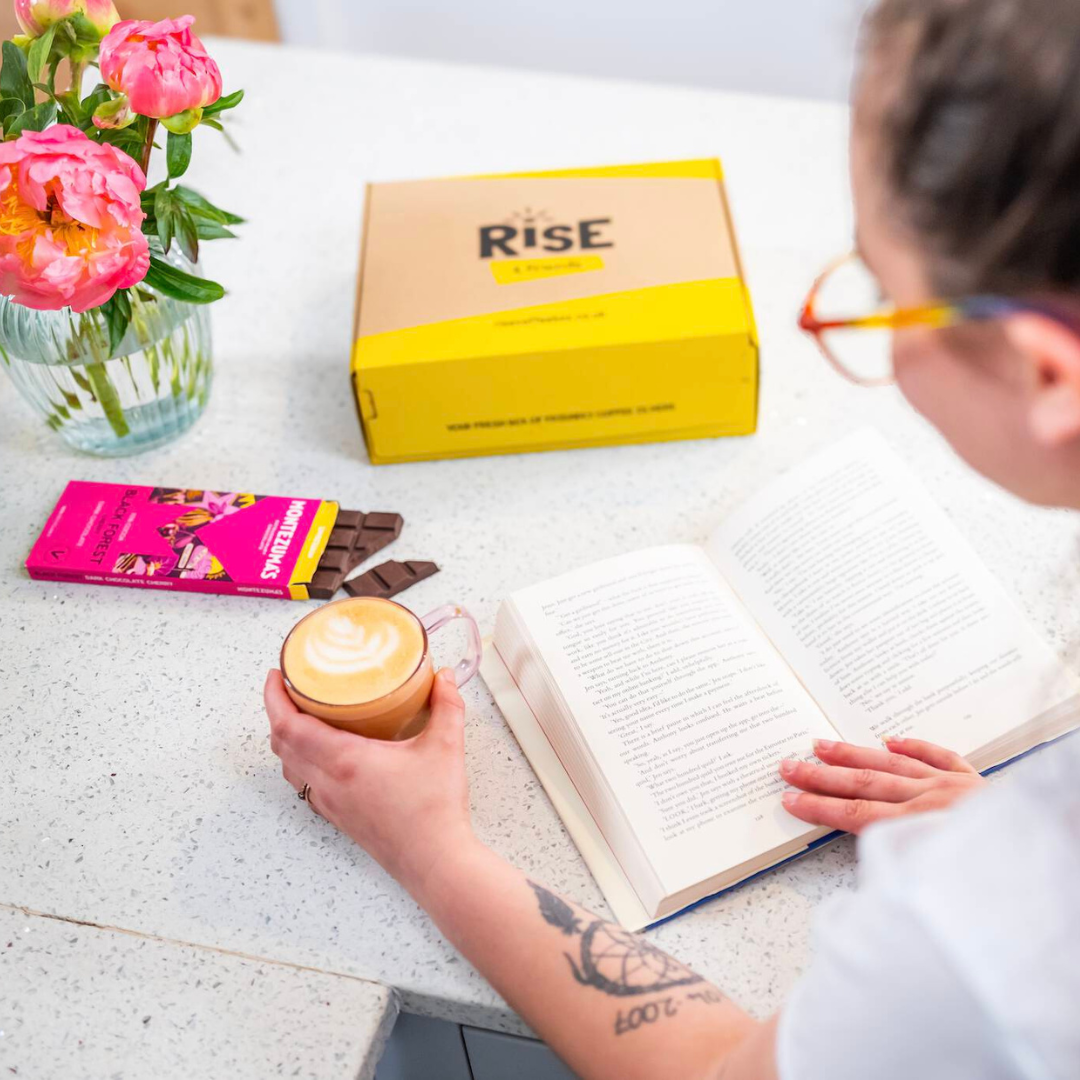








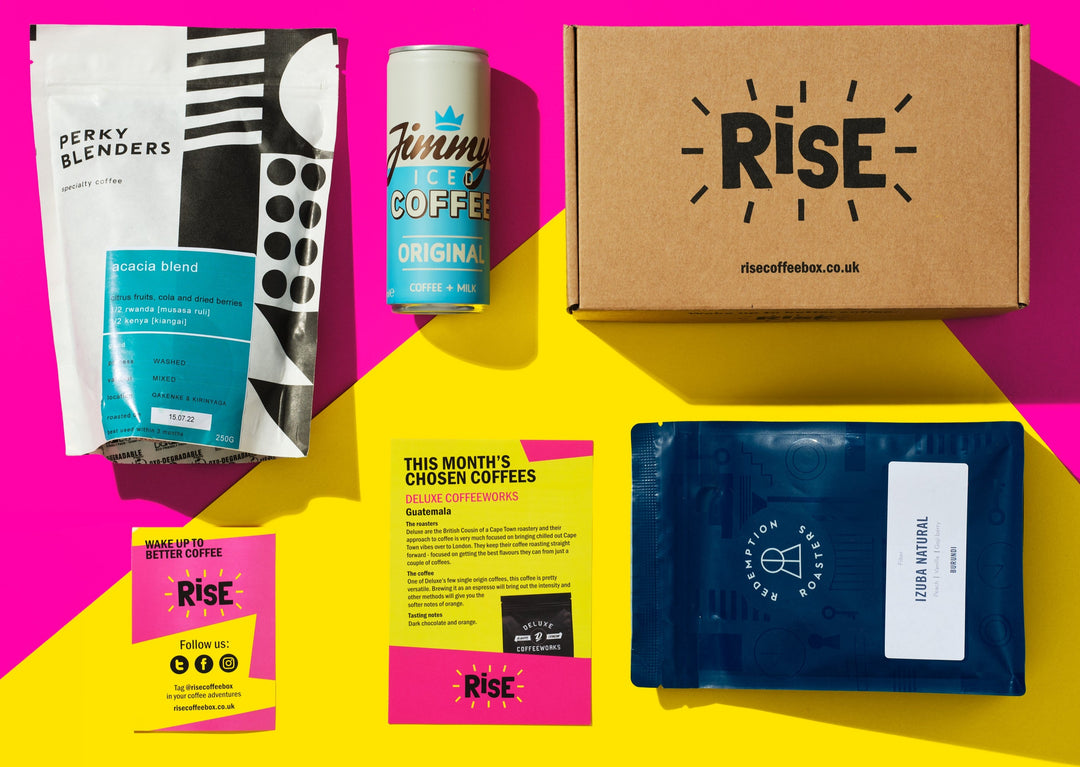


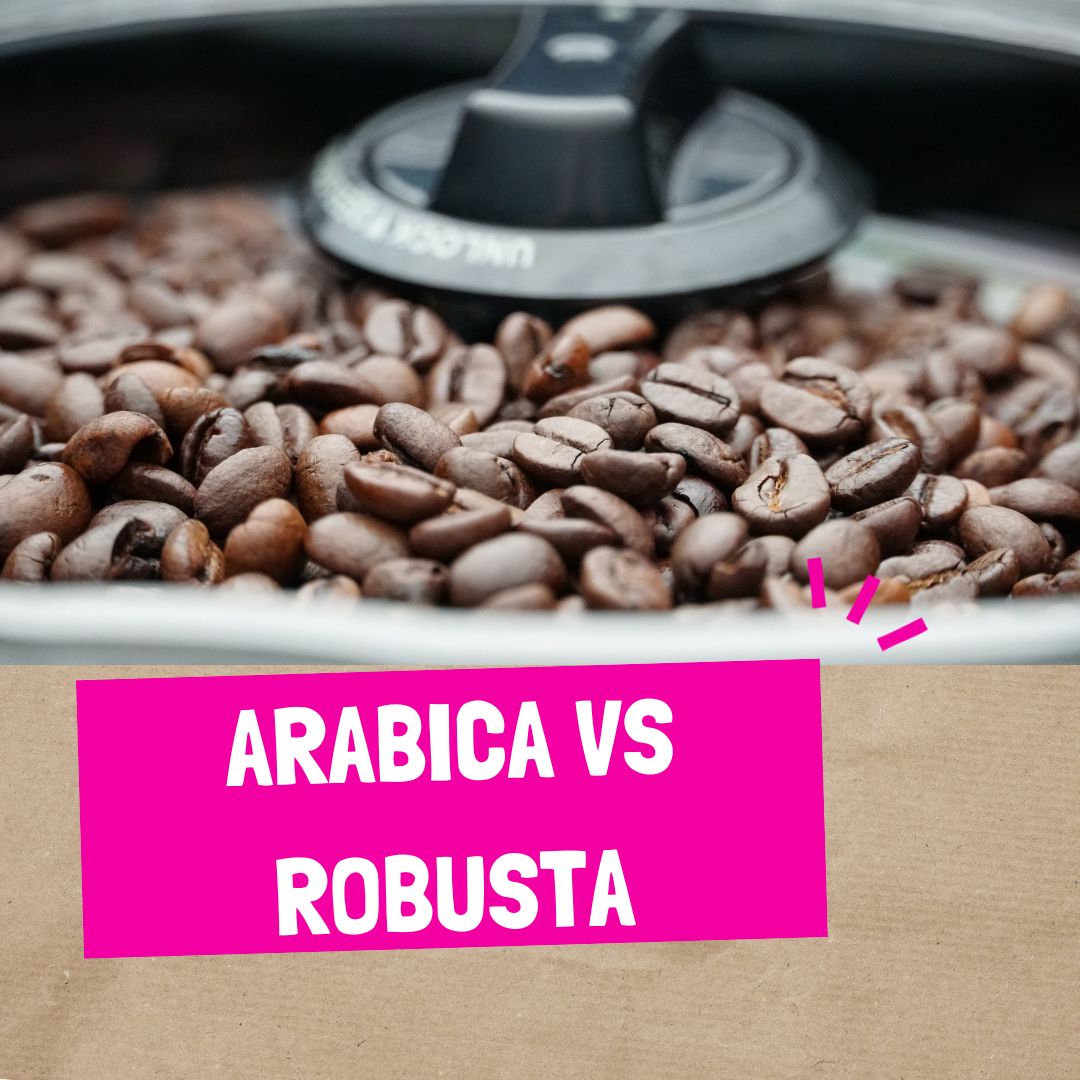




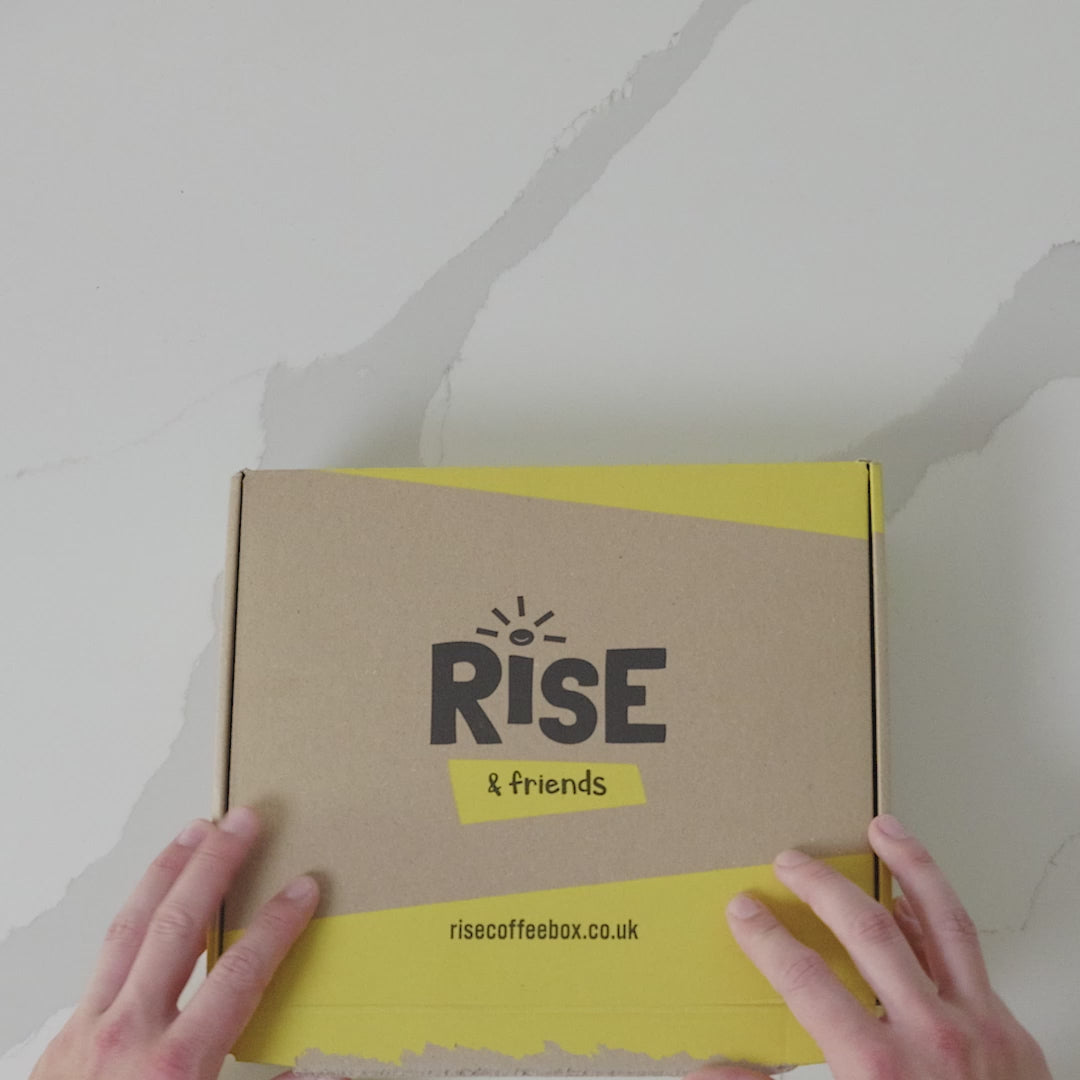








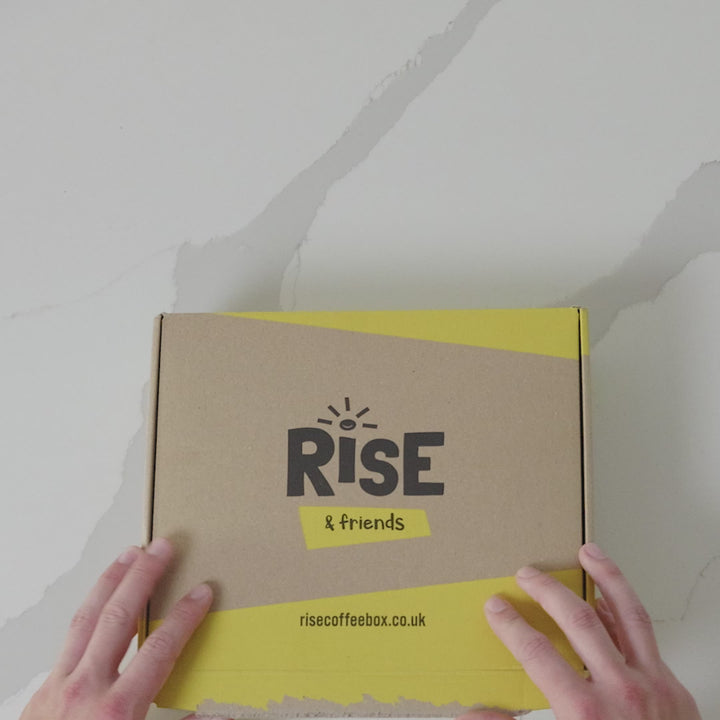




Leave a comment